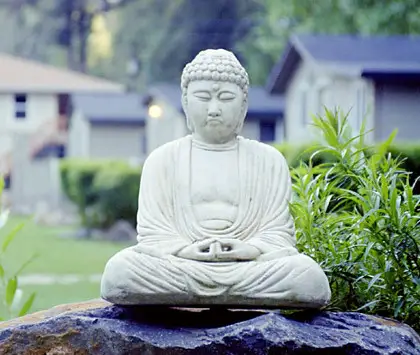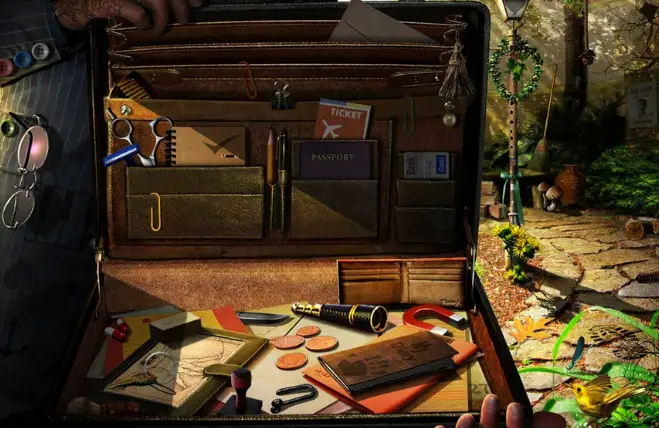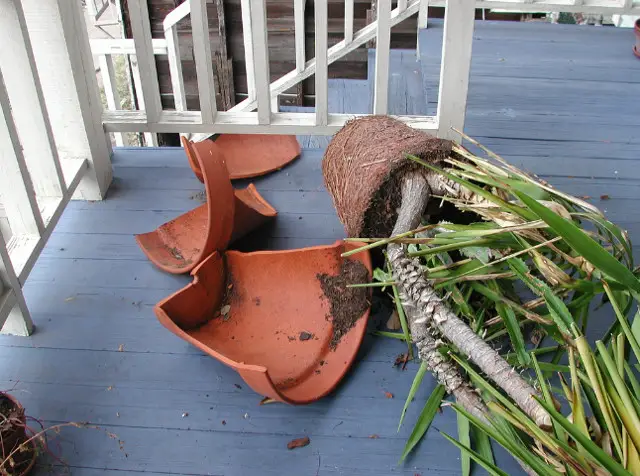Jonathan Dodd‘s latest column. Guest opinion articles do not necessarily reflect the views of the publication. Ed
I’m reminding myself nowadays that we’ve had a lovely summer and it’s only thirteen Wednesdays until Christmas and that summer will come back eventually. I do this a lot, but it feels like hard work when the wind whips round the back of the house tipping over all the plant pots. This happens every year, and it always takes us by surprise.
I’ve been tempted to move the thermostat too, just to try out the central heating, I tell myself, but I know it’s because I’m beginning to feel cold. I had to abandon a trip to the gym this week because I left my jacket in the wrong car. I needed to take the bus and I realised it would be mistake to be standing in an evening bus queue wearing a damp shirt in that weather.
Intellectual sweat and shovelling
Discretion may not actually be the best part of valour, but it’s a good thing to take notice of when it taps you on the shoulder and reminds you of sensible behaviour. This isn’t recent behaviour for me – I’ve always agreed with the idea that – “He who fights and runs away, lives to fight another day.” I always attributed this to the late great Bob Marley, but Google offers me a selection from Tacitus through Oliver Goldsmith via Captain Jack Sparrow. Take your pick.

I do believe that great ideas or sayings become public property, rather like great images becoming universal. I’ve sometimes been surprised (and a little miffed) to discover that a cherished idea of mine, thought out after a lot of intellectual sweat and shovelling, was said or written by someone else before I worked it out.
Running away when necessary
But I needn’t mind, because I came to it honestly and originally on my own. Finding it elsewhere serves as corroboration of the validity of the idea itself. So I shall always think of this line as belonging to Marley, because that’s where I first heard it. And besides, he was the first to set it to music.

Most of us probably have these phrases that we recite at certain times. They sound like clichés, but clichés only label things. For me, a good aphorism not only describes a situation, but offers a suggestion for action. Like running away when necessary.
After that it’s easy
My favourite aphorism, in extremis, was originally a prayer. It goes like this:
I need to find the serenity to accept the things I cannot change,
The courage to change the things I can,
And the wisdom to tell the difference.

As a member of the Cof?, I have edited it slightly, but I love the conciseness of the first two phrases, followed by the last part, which is so deliciously subtle, because, after all, who’s going to have to work out what this wisdom thing is? Me, of course. It reminds me that most problems need the application of serious thought until the answer becomes clear. After that it’s easy, you just have to get on with it.
Serenity seems to be the hardest thing.
Like old-fashioned soup
Most people struggle with this type of problem. For me it’s a matter of separating out the parts. We tend to mix up three things. Firstly there’s the problem itself; then there are the things we should be doing or not doing; and then there are all the different ways we feel about it all. We tend to chuck it all in one big pan and stir vigorously, like old-fashioned soup, until it all turns one colour and everything tastes the same. No matter how long we cook it for, it’s not going to help.

My idea is to imagine you have two boxes. When you have a problem to sort out, it helps when thinking about it to put all the things that need to be done into one imaginary box and everything you feel about it in the other. Then you can look at the box with the feelings in and promise them that you’ll give them your 100% full attention when you’ve sorted out all the stuff in the activity box.
The briefcase syndrome
It’s surprising how empty that feelings box gets when you’ve done the things you need to do, because most of those feelings are about not doing those things. Once the things are done, they go away. It works for me.

It reminds me of the time I realised I had carried my briefcase all the way to work and back home and not even opened it. So I dumped everything on the carpet, made a pile of all the things I actually needed and another of everything else. I put all the stuff I actually needed in my pocket. Everything in the other pile was then put away or thrown away.
So. I think it’s time to sort out those pots in the back garden, and batten everything down for the winter. Then I won’t need to complain about the wind.
But that won’t help me when I leave my jacket in the wrong car.
If you have been, thank you for reading this.
Image: editor under CC BY 2.0
Image: globalismpictures under CC BY 2.0
Image: dubdem under CC BY 2.0
Image: Dennis Mojado under CC BY 2.0
Image: Wonderlane under CC BY 2.0
Image: Chao under CC BY 2.0





